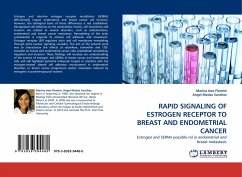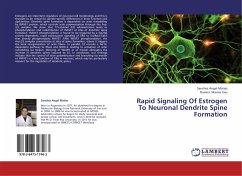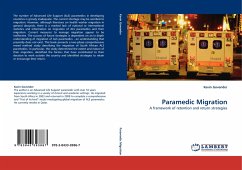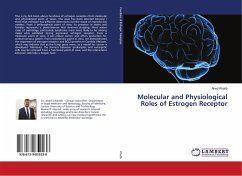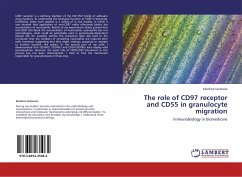Estrogen and selective estrogen receptor modulators (SERMs) differentially impact endometrial and breast cancer cell function, however, the biological basis of these differences is not established. Deregulated cell adhesion to the extracellular matrix, cell movement and invasion are related to several disorders, such as endometriosis, endometrial and breast cancer metastasis. Remodeling of the actin cytoskeleton is required to achieve cell adhesion and movement. Estrogen receptor (ER) regulates actin and cell membrane remodeling through extra-nuclear signaling cascades. The aim of the present work was to characterize the effects of raloxifene, tamoxifen and 17 -estradiol on breast and endometrial cancer cells cytoskeletal remodeling, migration and invasion. These findings will increase our understanding of the actions of estrogen and SERMs in breast cancer and endometrial cells and will highlight potential molecular targets to interfere with the estrogen-related altered cell adhesion encountered in endometrial disorders or breast cancer progression and/or metastasis induced by estrogens in postmenopausal women.
Bitte wählen Sie Ihr Anliegen aus.
Rechnungen
Retourenschein anfordern
Bestellstatus
Storno

